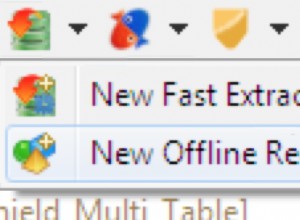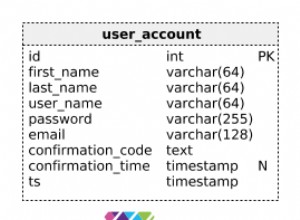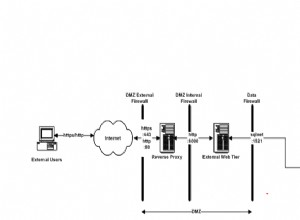Użycie instrukcji case nie przyspieszy zapytania w twoim przypadku, ale skoro o to prosiłeś, poniżej przedstawiam, jak by to wyglądało.
SELECT a.folderid, a.foldername, a.contenttype,
(CASE a.contenttype
WHEN 'file' THEN b.descriptor
WHEN 'link' THEN c.descriptor
WHEN 'extfile' THEN d.descriptor
WHEN 'video' THEN e.descriptor
ELSE f.descriptor
END CASE) AS descriptor
FROM t_folders a
LEFT JOIN t_files b ON a.contenttype = 'file' AND a.contentid = b.fileid
LEFT JOIN t_links c ON a.contenttype = 'link' AND a.contentid = c.linkid
LEFT JOIN t_extfiles d ON a.contenttype = 'extfile' AND a.contentid = d.extfileid
LEFT JOIN t_videos e ON a.contenttype = 'video' AND a.contentid = e.videoid
LEFT JOIN t_exams f ON a.contenttype = 'exam' AND a.contentid = f.examid
WHERE a.folderid = $folderId
ORDER BY a.folderid DESC
Jeśli każda z tabel t_files, t_links itp. ma pole folder_id, spróbowałbym również wykonać UNION na tych tabelach, a następnie zostawił wynik z t_folders, aby uzyskać identyfikator folderu i nazwę folderu.




